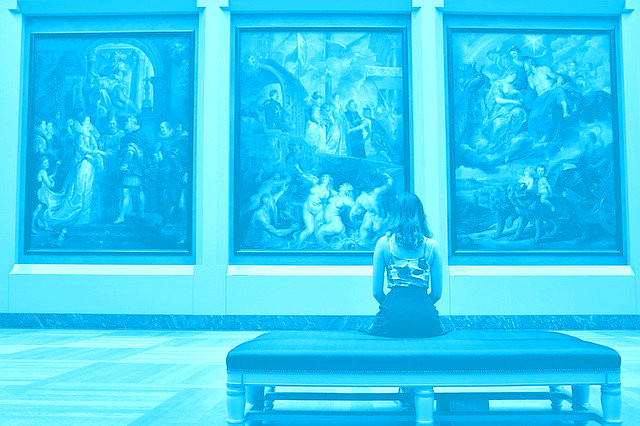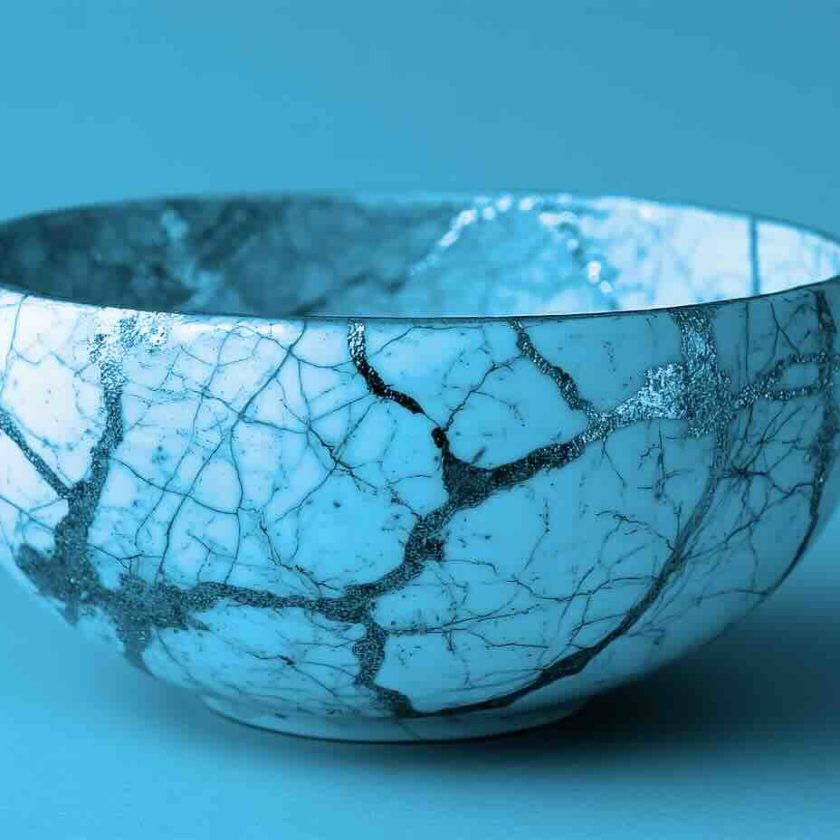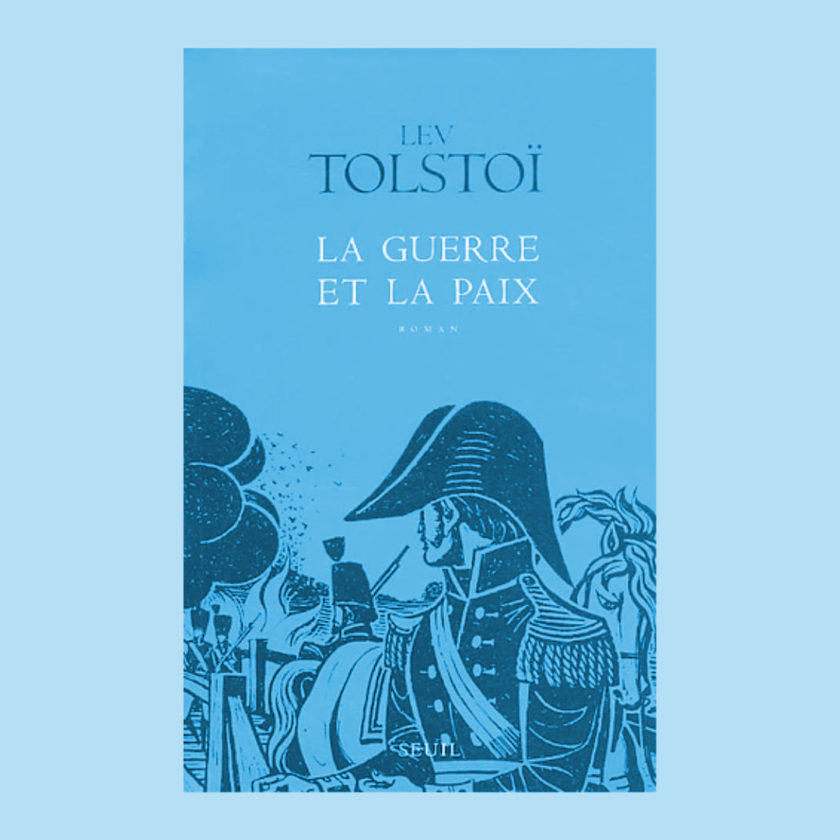Visiting a museum is a special experience. It combines both the sensible and intellectual while allowing the interaction of the two.
Why visit an online museum he can never recreate the in-situ experience?
A museum is a collection of art works, it has a cultural, educational and political vocation. Its goal is to bequeath a heritage to a population so that it has a common historical and artistic frame of reference while creating a narrative continuity between the political powers of yesteryear and those of today. The constant recourse to cultural references on the part of the governing elites has only one goal: to create the illusion of perpetuation by drawing on this common and almost indisputable landmark. Without this sleight tower (through association) they would never be able to to gain power. Thus, the historical narrative of a nation is a double-edged sword: it creates union while being easily manipulated for opportunistic ends.
Museums are the embodiment of this historical narrative. They are also prestigious places that offer a sensory experience. Online museums offer only a bland imitation of experience: an incomplete visual and sound experience and the absence of olfactory or tactile perception.
In the case of impossibility to visit the museum in the real world, it falls off his foot e stal . Indeed, as a cultural experience, it comes into direct competition with other digital consumer goods: movies, online music, in short everything that can be produced from culture on the web.
Of course, intellectual experience can be preserved: we can think about the art objects they contain and thus take a step back from our own existence. Museums have the advantage of making us aware of the ideas of transmission, posterity and even eternity and at the same time making us relativize our own existence and our contribution to the human saga.
The loss of this prestige jeopardizes the logic of the conquest of power: future rulers will have to diversify their cultural references because museums no longer have the same leverage effect as before. The disappearance of museums as an in-situ experience will allow stars from the net to compete with the candidates of the seraglio. This upheaval of the mass culture which is no longer influenced by elitist ideas explains in part partly why in certain countries worldly celebrities can seize power ( Reagan or Trump in the United States).
Of course, there is always a possibility of having an influence of the intellectual elite on the web, however this one will have to be done at the price of a certain sacrifice: to give up a certain idea of intellectual property.
Let me explain, the internet world is based on an idea of relative gratuitousness, that is to say that profitability models have evolved: we no longer consume films for example as unitary products but as a service on demand (see Netflix ). If literary culture wants to continue to remain influential and present in the minds of people, it must be put within the reach of the public purse, otherwise it will remain confined to a purely exclusive and not very influential cultural phenomenon like the opera today.
Without this adaptation to new economic paradigms, future political elites will strangely resemble today’s influencers making us forget that countries like France or the United Kingdom have long been governed by a literate caste like Churchill or De Gaulle as examples.









